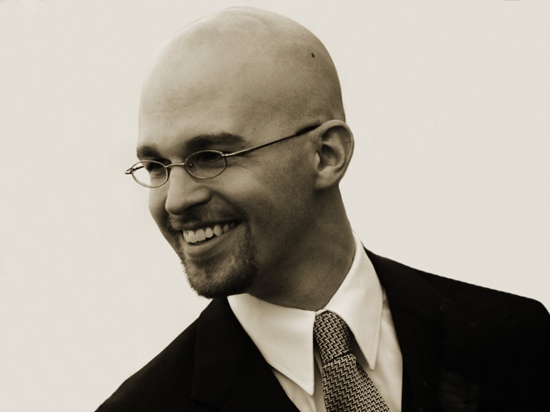
If Josh Kaufman had gone to business school, he probably would have graduated this year with an MBA from Harvard or Stanford. But Kaufman, a 28-year-old entrepreneur who had worked as an assistant brand manager for Procter & Gamble, thinks business school is pretty much a waste of time and money.
MBA programs, he says firmly, have become so expensive that students “must effectively mortgage their lives” and take on “a crippling burden of debt” to get what is “mostly a worthless piece of paper.” Kaufman believes that MBA programs “teach many worthless, outdated, even outright damaging concepts and practices.” And if that’s not bad enough, he insists that an MBA won’t guarantee anyone a high-paying job, let alone turn a person into a skilled manager or leader.
MORE THAN 190,000 PEOPLE EVERY YEAR ARE GETTING A DEGREE THEY DON’T NEED.
Nonetheless, Kaufman estimates that all of these firms combined, from Goldman Sachs to McKinsey & Co., probably hire no more than 5,000 to 10,000 MBAs a year out of the more than 200,000 people who are getting MBAs around the world. The other 190,000 to 195,000 are getting MBAs they don’t really need. “For pretty much everyone else, it’s a waste and a very bad investment,” he insists. ““I would probably be the biggest fan of education programs if they cost less and taught more practical skills. You can get a better education faster and cheaper if you do it yourself.”
“Look,” he says with some hyperbole, “going to Harvard all told can cost you about $350,000. That is mortgage level debt. Put that through an amortization schedule at a 6.8% rate of interest. It’s a $2,200 monthly payment over 30 years. You are spending $821,000 when you account for the interest. The cost is enormous.”
Kaufman says he was recently in a New York airport, waiting for a plane to fly him home to Colorado, when he found himself standing next to a young woman who had just graduated from Harvard Business School. “I asked her what she was doing next and she said she was going to Los Angeles to be a consultant,” he says. “It was clear she wasn’t happy about it. She told me she went to Harvard so she could work in international development and the World Bank told her she had to get a master’s. When she applied again, the bank said it had already met its quota for American hires. She had no illusions. The consulting job became her only option because she had to pay back her loans. I think that’s really, really sad. If she wanted to work in international development, there are thousands of ways to do that. If she were free of that financial burden, she would have tons of options. Now she is forced to do something she doesn’t want to do and won’t like just to pay back the debt.”
Not surprisingly, Kaufman gets his share of hate mail for the message he’s so actively delivering. “I get a lot of not-so-nice letters about how this is wrong and misguided,” he sighs. “I do wish those people well. Frankly, if someone decides to enroll in an MBA program, I hope it turns out well. But there is a much better, faster, more efficient way for these students to do what they want to do. The world would be a heck of a lot better if those people taught themselves what they need to know and then just went out and did it. It’s the waste and inefficiency that really gets to me.”
“Business schools don’t create successful people,” insists Kaufman. “They simply accept them, then take credit for their success. With heavy debt loads and questionable returns, MBA programs simply aren’t a good investment—they’re a trap for the unwary.”
In an era when MBA bashing has become almost fashionable, Kaufman is emerging as business schools’ most unforgiving critic. With his shaved, completely bald head, neatly-trimmed facial hair and rimless spectacles, he looks the part of a young prophet you might find on a city street corner. Founder of PersonalMBA.com and the author of “The Personal MBA,” he’s a passionate advocate for what he calls self-education. Instead of paying up to $350,000 in tuition and forgone earnings to go to Harvard, Stanford or Wharton, Kaufman says a better way to learn business is to open the pages of classic business texts and learn on your own (see his recommended reading list).





Questions about this article? Email us or leave a comment below.